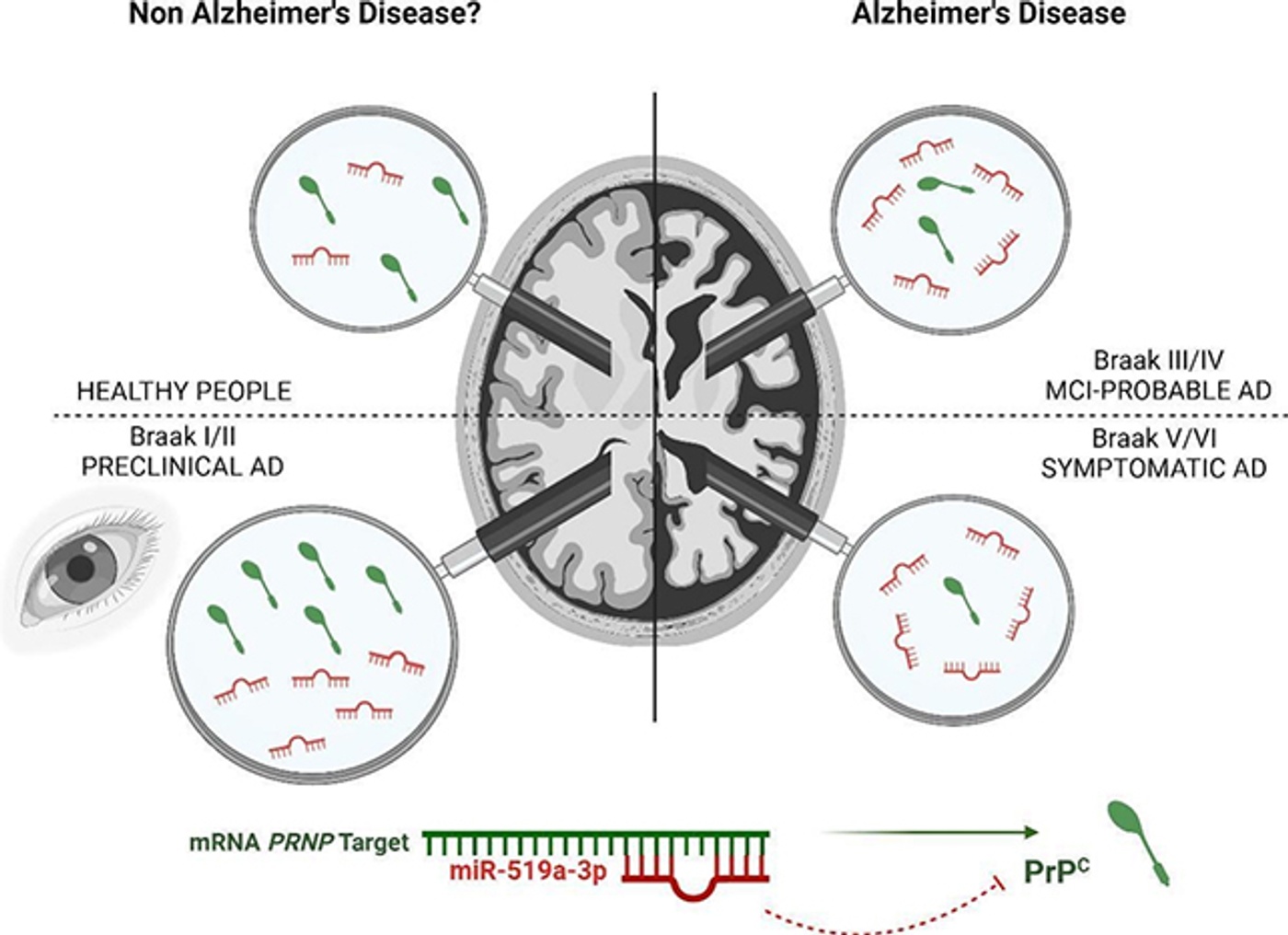Alzheimer’s disease is a serious health problem that affects millions of people worldwide and for which there is no definitive cure. Therefore, early diagnosis of the disease is of great importance in terms of managing the disease and controlling its progression. Researchers from the Bioengineering Institute of Catalonia in Barcelona, Spain, have developed a new biomarker that could detect Alzheimer’s disease in its early stages they discovered . This discovery holds promise for slowing the progression of the disease and developing more effective treatments.
Discovery and Characterization of a Novel Biomarker

The biomarker under investigation is a microRNA molecule called miR-519a-3p. Studies have shown that this molecule is found at higher levels in Alzheimer’s patients compared to healthy individuals. The molecule is particularly pronounced in the very early stages of Alzheimer’s disease. This suggests that miR-519a-3p may play a critical role in revealing early signs of the disease.
Association Between miR-519a-3p and Alzheimer’s Disease

The research team identified that miR-519a-3p is linked to the cellular prion protein PrPC. The level of this protein increases at the onset of Alzheimer’s disease and decreases as the disease progresses. This association suggests that miR-519a-3p could be used as a marker for the early stages of Alzheimer’s disease.
New Methods and Prospects in Alzheimer’s Diagnosis
Neuroscientist Jose Antonio Rio says this discovery could revolutionize Alzheimer’s diagnosis. With this new method, diagnoses that are usually made after symptoms become apparent with traditional methods can be made at much earlier stages. This will increase the chances of early intervention and treatment and minimize the effects of the disease.
Future Research and the Potential of miR-519a-3p
But more research is needed before this molecule can be definitively recognized as an early warning system for Alzheimer’s. Scientists are now planning to test this molecule on blood samples from different patient groups. If these tests are successful, miR-519a-3p could be used in a clinical setting to diagnose Alzheimer’s disease. This represents a significant advance in the management of Alzheimer’s disease and could be a beacon of hope for millions of people.


